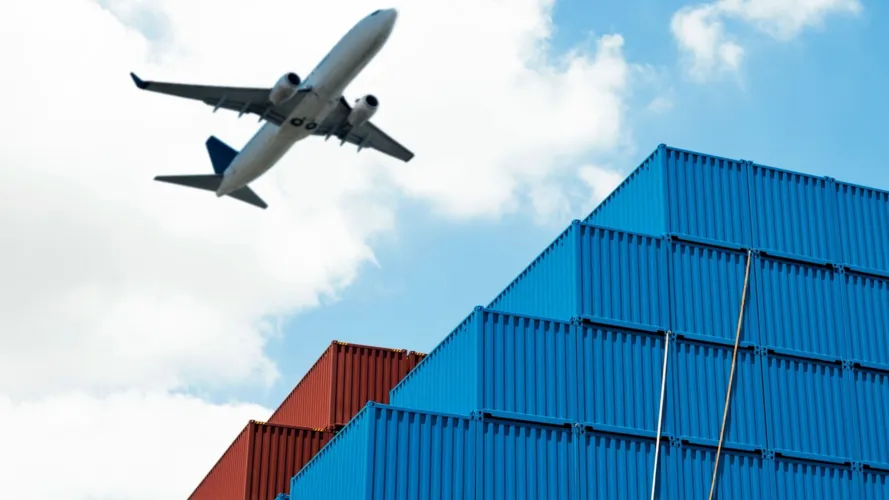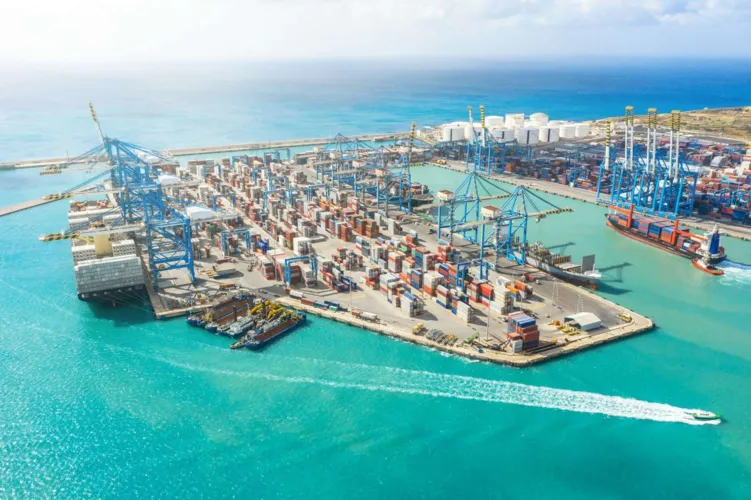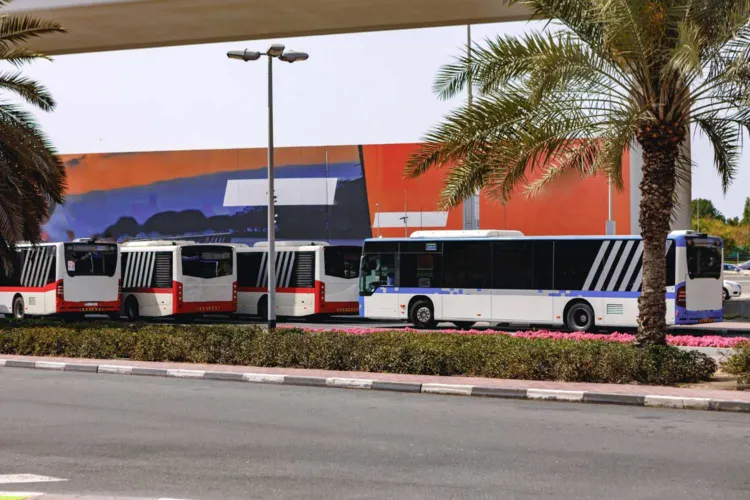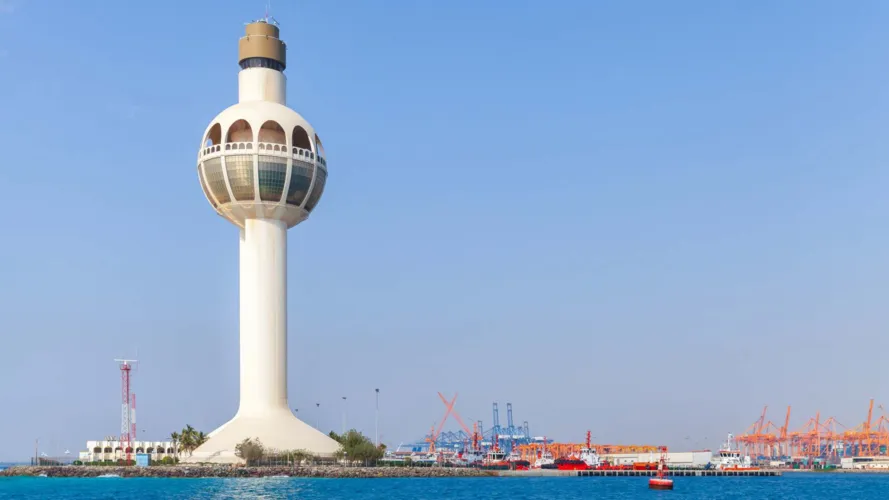Saudi Arabia’s pharmaceutical logistics sector is entering a new phase of expansion, fueled by growing healthcare demands, rising chronic diseases, and major government investments. The focus on cold-chain logistics, vaccine distribution, and national healthcare programs is positioning the kingdom as a regional hub for reliable medical supply chains.
 Cold-Chain and Vaccine Distribution Strengthen Healthcare Resilience
Cold-Chain and Vaccine Distribution Strengthen Healthcare Resilience
The Saudi pharma logistics market is projected to reach USD 900 million by 2025, growing at a CAGR of 10.2% from 2019 to 2025. This growth reflects Saudi Arabia’s ongoing efforts to enhance healthcare infrastructure and meet increasing medical needs. By 2023, the market was already valued at USD 1.19 billion, and it is expected to grow further at a CAGR of 6.33% through 2030.
Rising cases of chronic diseases—such as diabetes, cancer, and hypertension—combined with an aging population, are driving continuous demand for pharmaceutical products and distribution services. To ensure accessibility and reliability, logistics companies are expanding their capabilities in freight forwarding, warehousing, and value-added services.
At the center of this transformation lies cold-chain logistics—a system designed to maintain the integrity of temperature-sensitive medicines and vaccines. These systems are vital for the success of public health programs, ensuring that medicines remain effective from manufacturing plants to hospitals and pharmacies.
Saudi Arabia’s government healthcare initiatives play a critical role in driving this growth. Under Vision 2030 and the National Transformation Plan, the kingdom aims to diversify its economy by strengthening domestic pharmaceutical production and investing in healthcare infrastructure. These initiatives support the construction of new hospitals and research facilities, which in turn boost demand for integrated logistics and cold storage solutions.
Vaccine distribution has become a top national priority. The government has implemented broad immunization campaigns and partnered with logistics providers to improve vaccine access in remote areas. This strategy not only strengthens Saudi Arabia’s public health response but also enhances its preparedness for future health emergencies.
In parallel, logistics companies are investing heavily in cold storage warehousing and digitally connected logistics systems. These innovations allow real-time temperature tracking and ensure compliance with international quality standards, building trust among global pharmaceutical partners and investors.
Furthermore, the rise in local pharma manufacturing is transforming the supply chain landscape. Increased domestic production reduces reliance on imports and enables faster, more cost-effective distribution of essential medicines. As a result, Saudi Arabia is emerging as a key logistics center for the broader Gulf region.
The government’s focus on public-private partnerships (PPPs) is another growth driver. By encouraging collaboration between global logistics firms and local operators, Saudi Arabia is expanding capacity, improving operational efficiency, and enhancing national healthcare resilience.
Together, these developments underline the growing sophistication of Saudi pharma logistics. The sector not only supports the kingdom’s healthcare goals but also contributes to its long-term economic diversification strategy. With strong government backing and expanding infrastructure, Saudi Arabia is well on its way to becoming a trusted hub for pharmaceutical distribution and innovation in the Middle East.
Read also: Saudi Logistics 2030: Strategic Growth Pathways and Emerging Opportunities








